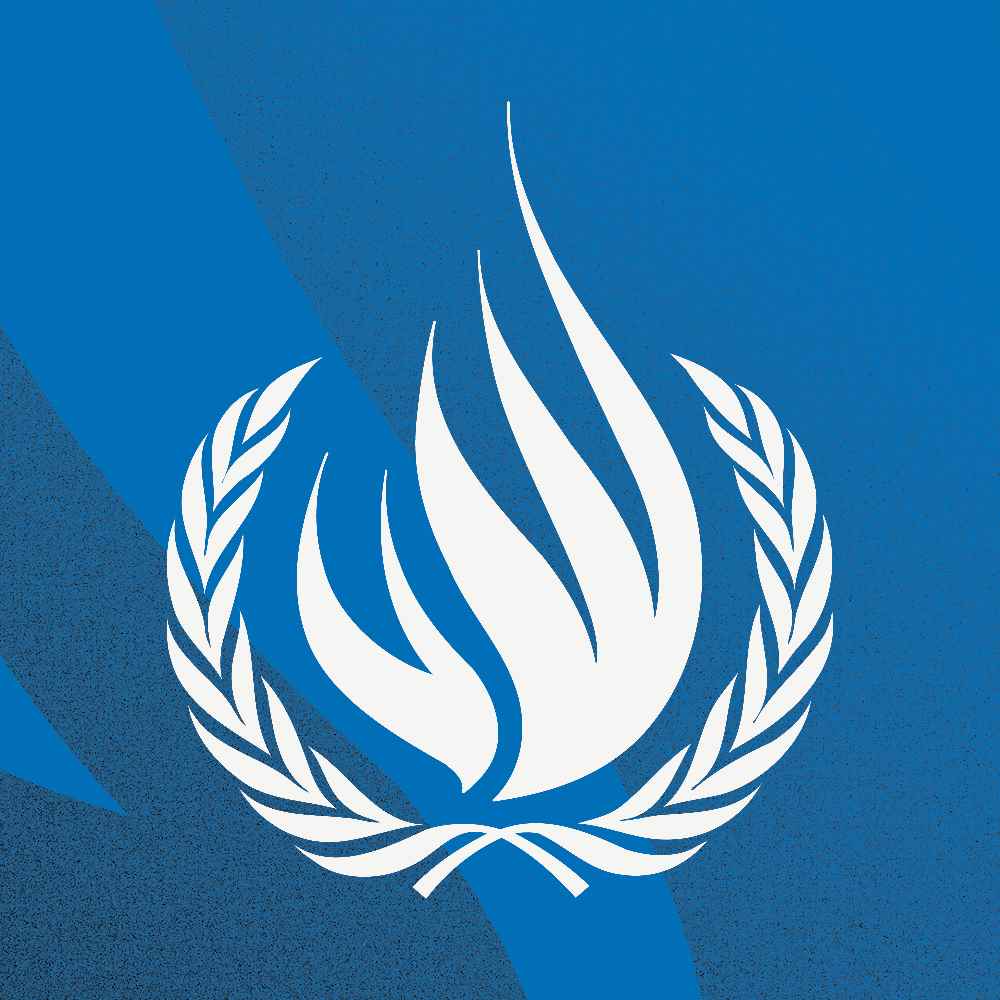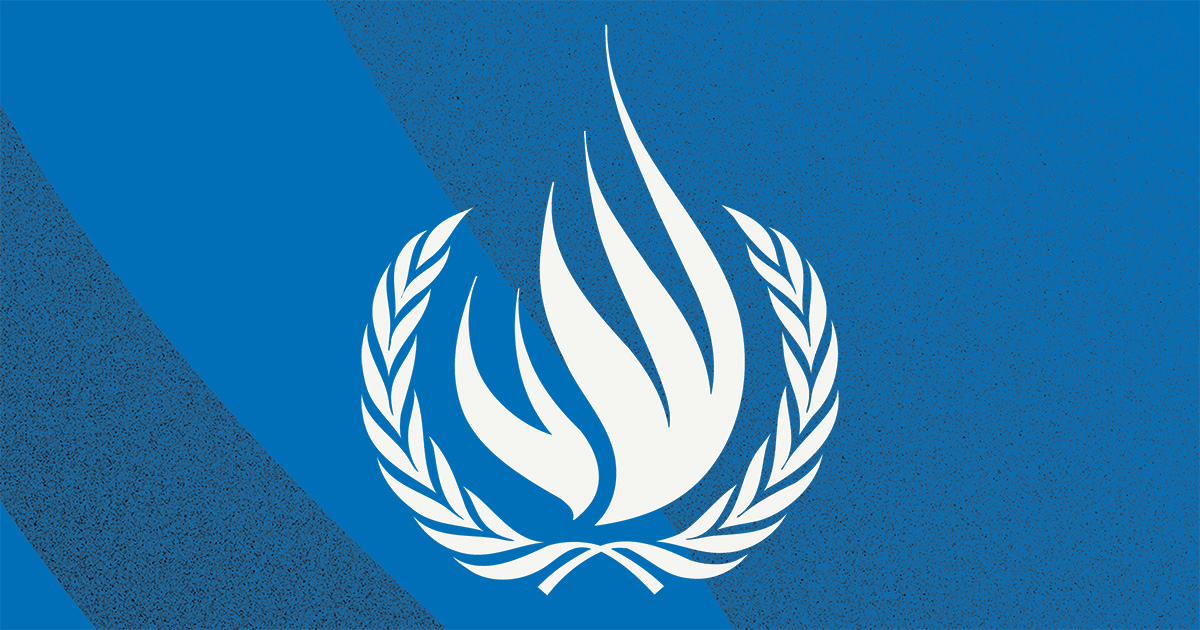
Thousands are in hiding and face persecution from the Taliban for supporting former government
HRW report documents cases of sexual abuse, harassment including from before the Taliban took power
LONDON: Human Rights Watch has urged NATO member states to evacuate and house Afghan policewomen threatened by the Taliban.
About 3,800 former policewomen face persecution in Afghanistan, including sexual abuse and harassment, for their past roles working alongside NATO forces. Many feel betrayed by NATO for failing to transport them out of the country following the collapse of the government and the coalition withdrawal in August 2021.
HRW has published a report, titled “Double Betrayal: Abuses against Afghan Policewomen Past and Present,” which documents how thousands live in hiding in Afghanistan, with others having fled to Pakistan and Iran.
The report calls on the US, UK, EU member states, Canada and Japan to resettle the former Afghan policewomen as a priority, to put a stop to their suffering and recognize their contributions assisting the coalition in Afghanistan in maintaining law and order.
Fereshta Abbasi, HRW’s Afghanistan researcher, told The Independent about the experience of one female former police officer she spoke to for the report.
“The district police chief came to her house at night and raped her. Her husband was away that day. She cried in front of me. She said she couldn’t file a complaint because she feared her husband would divorce her and she would lose custody of her children,” Abbasi said.
Another former officer told her: “The head of intelligence for my station really harassed me. He told me that he could do whatever he wanted to me.”
Abbasi added: “Almost all of them (the former officers) have received threatening calls from the Taliban; their houses have been raided. They are being threatened by the Taliban but also by their families because being a policewoman was never accepted in the Afghan society.”
Many women who worked in the police fear reprisals from the government — but also from broader Afghan society — if they are identified.
One told HRW that the Taliban contacted her to demand she return to work, but she was concerned it was an attempt to trap her.
“I got scared and cut the phone call,” she said. “Again I received a phone call and this time I was asked, ‘will you come by yourself or shall we come and drag you by the hair?’”
She now disguises herself in public to avoid being persecuted, telling HRW: “If people find out, they might rat me out to the Taliban that I used to work for police.”
The report said that cases of poor mental health among former Afghan policewomen, including anxiety, depression and panic attacks, are common as a result of abuse.
This is compounded by the ill-treatment they faced before the Taliban took control of the country, with male police superiors frequently abusing their power over female subordinates.
“I spoke to one of the former policewomen who said she served the government in the same job role for 20 years because she rejected demands of sexual favors,” Abbasi told The Independent.
“Now, they are asked to come back by the Taliban to do menial jobs as sweepers, prison guards or clerks, but nobody can ensure their safety.”
She added: “The conditions under the Taliban are abysmal and horrifying but that doesn’t mean these policewomen who served alongside the UK and the US, among other nations, don’t get to hold those who harassed them accountable.”












